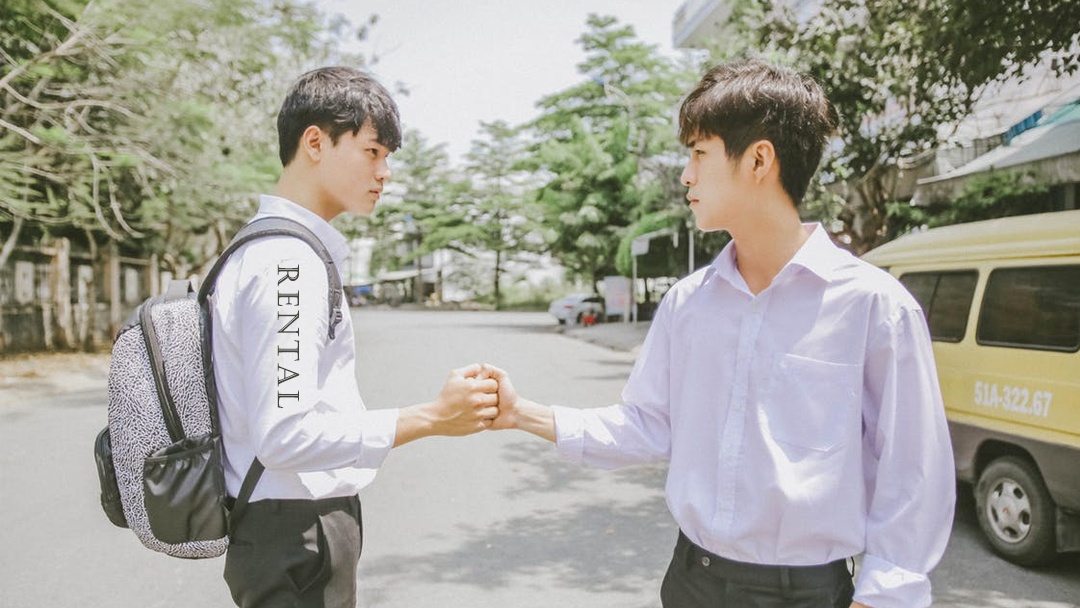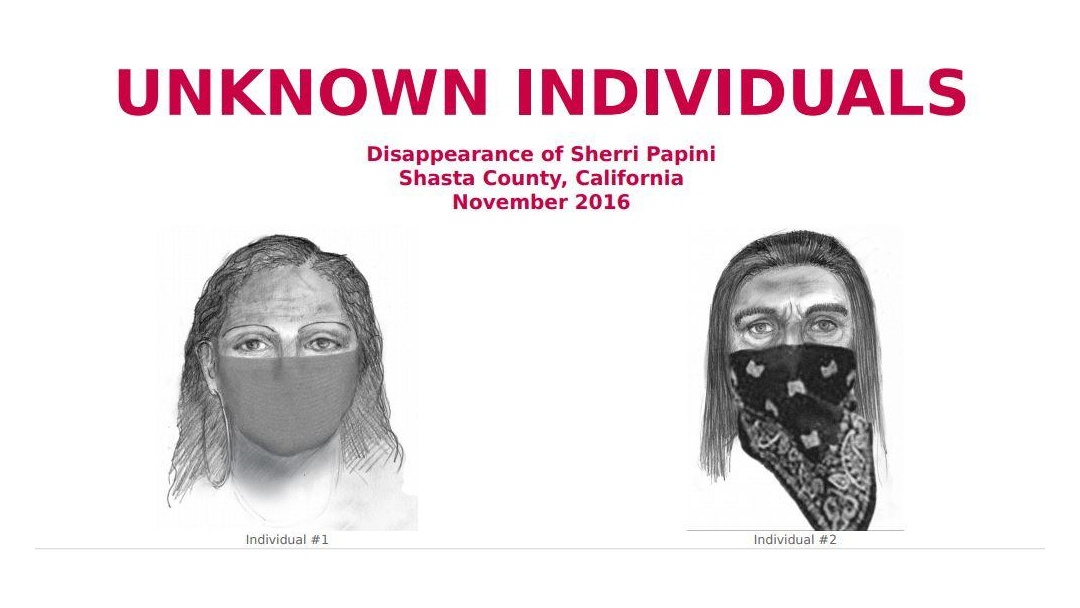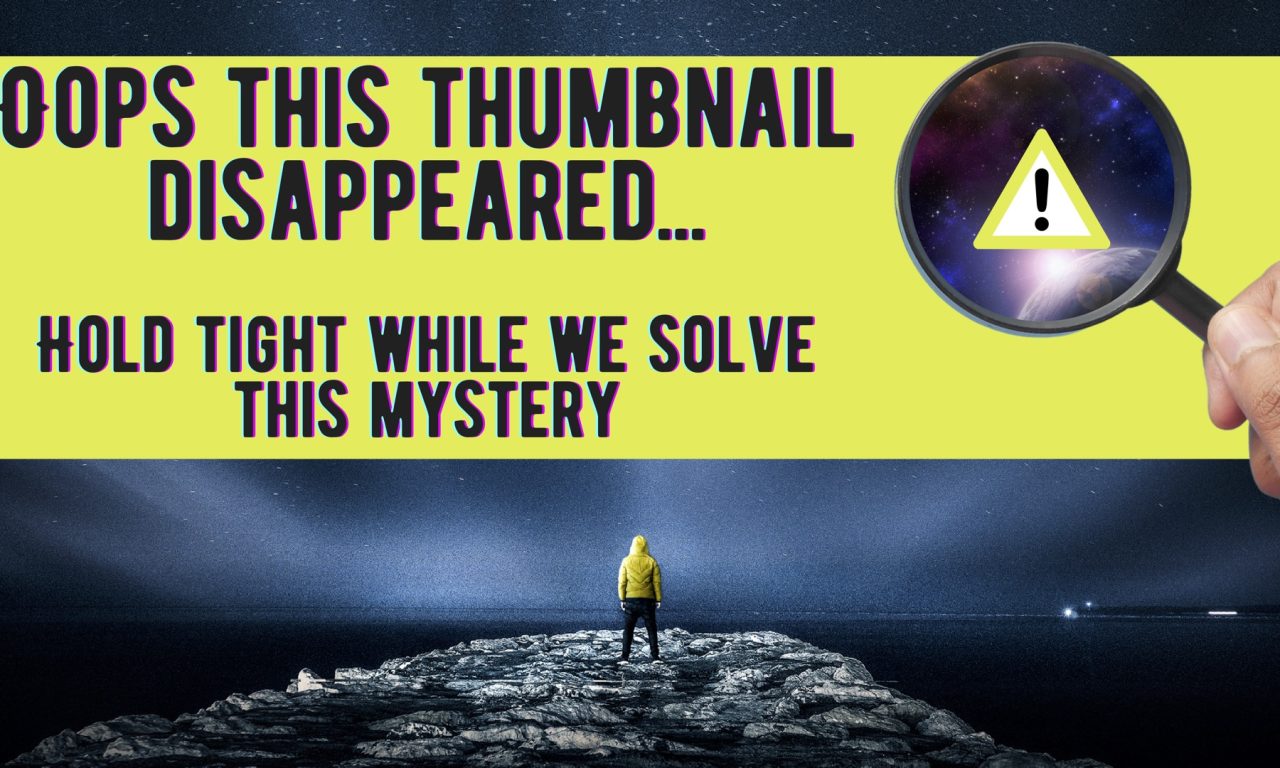In U.S. culture, an occasional comedy will hit the movie screens where someone plays the role of husband at a family reunion, or pretends to be a long, lost father. But we understand it for the over-the-top comedy that it is. We have no such fake experience of the sort in our real lives. We don’t know anyone who ever has.
But now enter the Japanese, and a company called “Family Romance” which offers you family who aren’t really family, romance which isn’t really romance. Over several hundred actors have played roles already, for a price, to fill in the void in sad lives.
A man may be hired to play the father of a child with no father, denied admission to a school because of that cultural bias. He may be hired to be the date of a woman who has tired of finding the real, real thing and finally decided to hire the fake, real thing to go out with once a week. Actors play everything from children to grandparents, and the business is growing.
An excellent article in The Atlantic brought this to our attention, and the interview with the founder was truly fascinating, truly heart-wrenching:
“Can you describe the sessions with your fake daughter?
Yuichi: Sometimes we dine together. We’ve been to theme parks, like Disneyland. We go shopping in Harajuku once a month. The mother pays about 20,000 yen per four hours, plus expenses. That’s about $200.
Morin: What’s your cover story?
Yuichi: I told her I have my own family now, and that’s why I can’t see her often.
Morin: What happened to the real father?
Yuichi: Even the mother doesn’t know. There was a lot of physical violence. They divorced, and that was the end of it.
Morin: Did you take his name?
Yuichi: Yes, I use the father’s name—first and last.
Morin: How do you handle it when the daughter gets angry or sad?
Yuichi: I never yell, no matter what. That was in the order-form description. The girl was bullied also, if you remember, so her feelings can be very unsettling. There was also a rebellious time, in her teens. She was having difficulties with her mother. When she’s with me, though, she always asks, “Why do you have to leave now?” It’s unpleasant, but it is a reasonable emotion.
Morin: Does she love you?
Yuichi: She does. It’s easy to feel her love. She talks about her relationship with her mother, she shares sensitive feelings, she opens up to me.
[And there are situations that we, in the West, can scarcely imagine:]
Yuichi: ….. I accompany a salaryman who made a mistake. I take the identity of the salaryman myself, then I apologize profusely for his mistake. Have you seen the way we say sorry? You go have to down on your hands and knees on the floor. Your hands have to tremble. So, my client is there standing off to the side—the one who actually made the mistake—and I’m prostrate on the floor writhing around, and the boss is there red-faced as he hurls down abuse from above. Sometimes, I wonder to myself, “Am I actually doing this?”
Morin: What do you feel?
Yuichi: I feel extremely uncomfortable. I’m just thinking, “I’m innocent!” I want to point at the actual culprit and shout, “He did it!”
[Other situations that we can imagine all too well.]
Morin: What do you predict for the future of your business?
Yuichi: The demand is increasing. More people, for example, want help to appear popular on social media. We had one man recently who paid a huge sum just to fly with five employees to Las Vegas and take pictures for Facebook.
Morin: Have you or any of your employees hired other actors for your own lives?
Yuichi: It happens. For instance, some employees hire actors to praise them in the presence of people they want to impress. Personally, when I throw speaking seminars, I often bring extras to bolster the crowd.
In a culture renowned for the importance of “saving face,” this may be the ultimate expression. But it seems like so much more than that, as if Japanese society has created so many painful gaps that the desperation to fill them becomes overwhelming. Do you, reading about this in a Western country, find this odd, weird, a set of lies you feel superior to?
Perhaps you shouldn’t be too quick to judge. The gaps and frustrations in our lives trigger runaway drug abuse, crime and prison rates which lead the world, and the more than occasional meltdown with a gun in hand, taking ten, twenty, fifty lives in the process. None of those problems are unknown in Japan, but much less prevalent than on this side of the Pacific Ocean.
This isn’t everyday activity in Japan, not quite yet. But will we come to a point, one day, when you attend a wedding and you consider the matter of the groom’s family let’s say, a fifty-fifty proposition? They may be the real thing, or they may not.
And how will you deduce which are which?












